Putin orders expansion of military forces as Ukraine war enters 7th month
Russia is set to ramp up the size of its armed forces from 1.9 to 2.04 million as the war in Ukraine intensifies.
According to a decree signed by President Vladimir Putin on Thursday, the increase includes a 137,000 boost in the number of combat personnel to 1.15 million, which comes into effect on January 1.
Russia has not announced the number of casualties it has suffered in Ukraine since the first weeks of the military operation. However, Ukraine says it has killed or wounded at least 45,000 Russian troops ever since.
The last time Putin fixed the size of the Russian armed forces was in November 2017, when the number of combat personnel stood at 1.01 million forces.
Russia says 200 Ukrainian forces killed in rocket strike
Russia’s Defense Ministry has said a rocket strike by the air force on a railway station in central Ukraine has killed more than 200 Ukrainian forces. However, authorities in Kiev claim the attack led to the death of 25 civilians, including two children.
In a daily briefing on Thursday, the Russian Defense Ministry said “as a result of a direct hit by an Iskander missile on a military train at the Chaplyne railway station in the Dnipropetrovsk region, more than 200 servicemen of the reserve of Ukraine's Armed Forces and 10 units of military equipment were destroyed.” The ministry said the train was on its way to “combat zones” in Donbas, where Moscow is on the verge of taking full control.
The strike came on Ukraine's Independence Day.
Ukraine has repeatedly accused Russia of targeting civilian infrastructure. Moscow denies the allegation.
The European Union condemned Russia’s “heinous” attack on the military train, depicting the strike as a “rocket terror.”
“Those responsible for Russian rocket terror will be held accountable,” EU foreign policy chief Josep Borrell tweeted.
Borrell is set to host meetings of EU foreign and defense ministers next week in Prague to discuss the crisis and take tougher measures against Moscow. However, the member states admit that maintaining unified support for Kiev – by sending weapons and imposing sanctions on Russia – will be really hard as rising energy prices hit European businesses and consumers and threaten to trigger recession.
As a countermeasure against Russia’s offensive, some EU members with land borders with Russia, such as Poland, Finland, Estonia, Latvia and Lithuania, are set to propose banning Russians from receiving EU tourist visas. Germany and some other member states are against the measure.
Meanwhile, the United Nations rights agency has called on President Putin of Russia to stop its forces from attacking Ukrainians. The airstrikes create “unimaginably terrifying” impact on civilians, the agency says.
In a press conference in Geneva on Thursday, the outgoing United Nations High Commissioner for Human Rights Michelle Bachelet said, “I call on the Russian president to halt the armed attack against Ukraine.”
According to UN figures, more than 5,500 civilians have been killed and 7,800 have been injured since the start of the Russian operation in the war-torn country. Of those casualties, nearly 1,000 are children.
“The international community must insist on accountability for the many serious violations documented, some of which may amount to war crimes,” the UN rights chief stated. “The fighting continues, amid almost unthinkable risks posed to civilians and the environment as hostilities are conducted close to the Zaporizhzhia nuclear power plant,” said the former Chilean president, warning that the nuclear plant needs to be “immediately demilitarized.”
In a bid to help the Ukrainian forces recover from the Russian attack, the UK has signed a new pact with the Ukrainian government, offering the necessary support for rebuilding its transport infrastructure.
In a statement following the Russian attack on the Ukrainian train, British Transport Secretary Grant Shapps said UK experts will offer technical knowledge in airport, runway and port reconstruction, and will help identify training opportunities for aviation staff.
Since the start of the conflict on February 24, the UK has supported Ukraine either by providing lethal arms for the Ukrainian forces or imposing crippling sanctions on Russia, which has in turn created fuel crisis in the UK and all over Europe.
VIDEO | Press TV's news headlines
Iran, Russia stress strategic partnership as Pezeshkian, Putin meet
Iran stresses need for trust, solidarity among world’s nations
Israel admits it inflicted less damage to Iran than initially thought
VIDEO | Venezuela condemns US seizure of oil tanker
VIDEO | Iran, Africa strengthen scientific, health ties
Iran slams powers for granting Israel ‘special right’ for aggression
‘Act of state piracy’: Iran blasts illegal US seizure of Venezuelan oil tanker


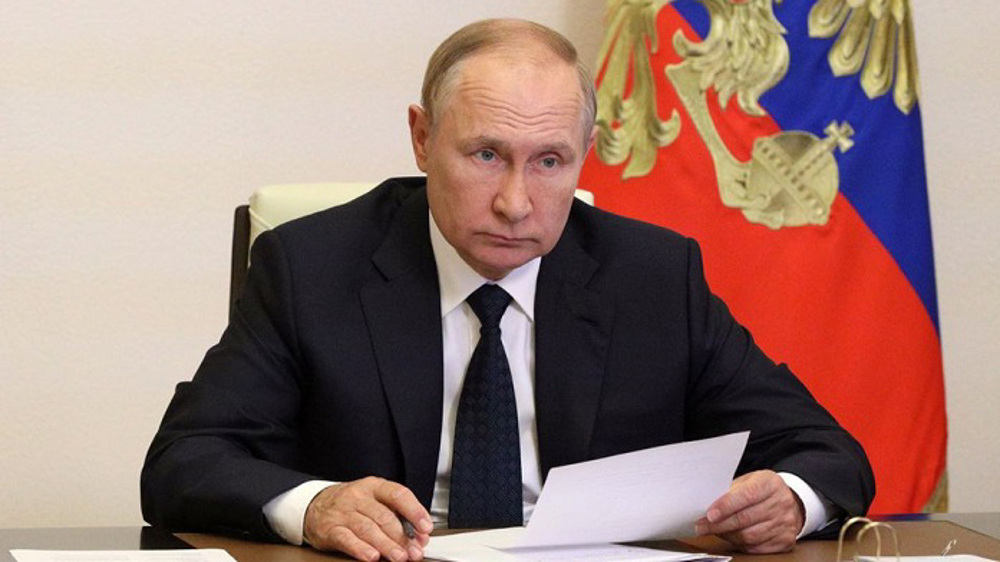
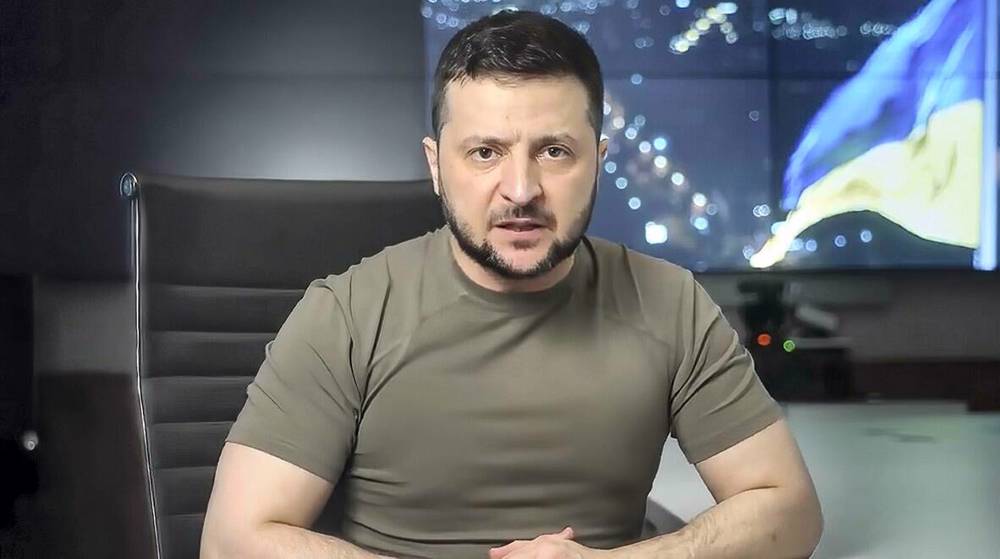
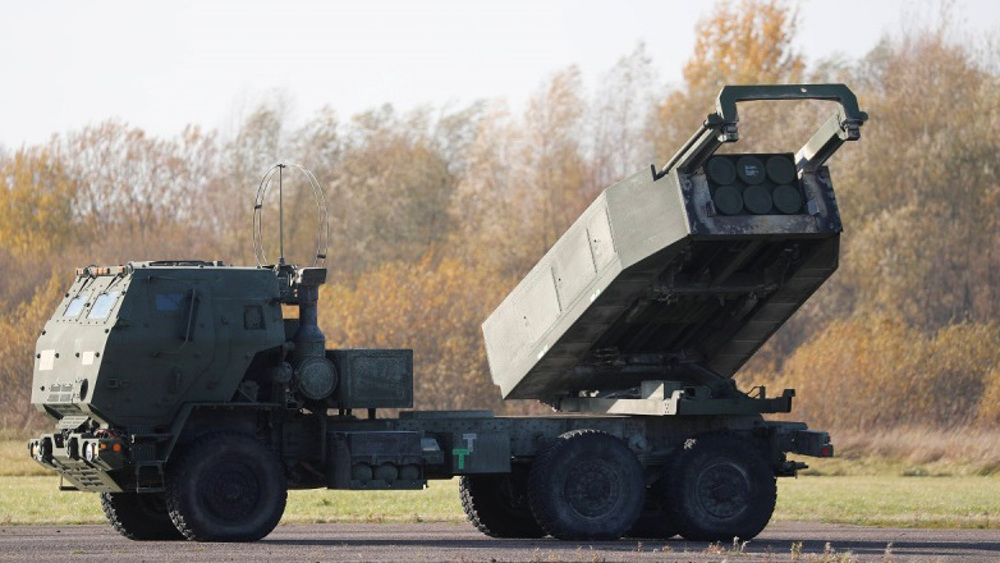
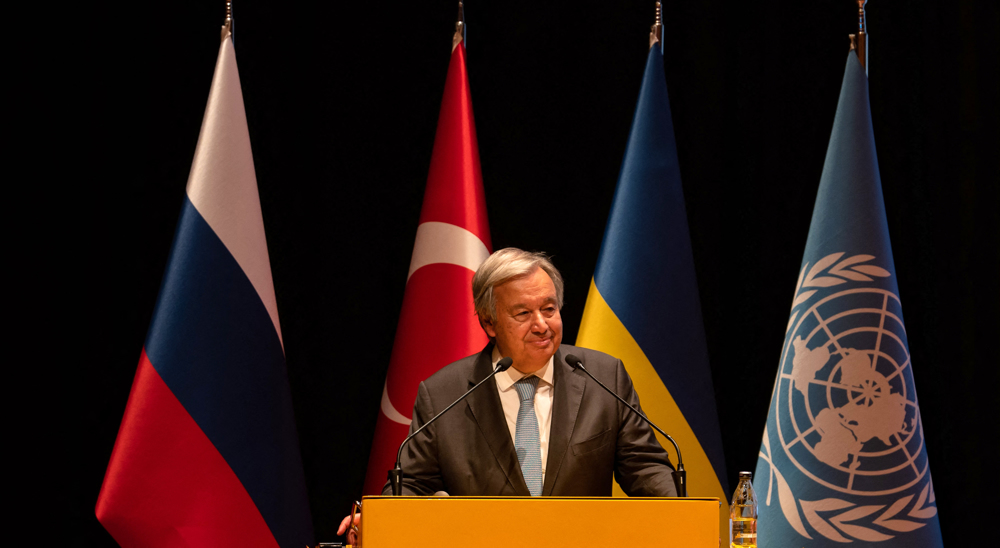
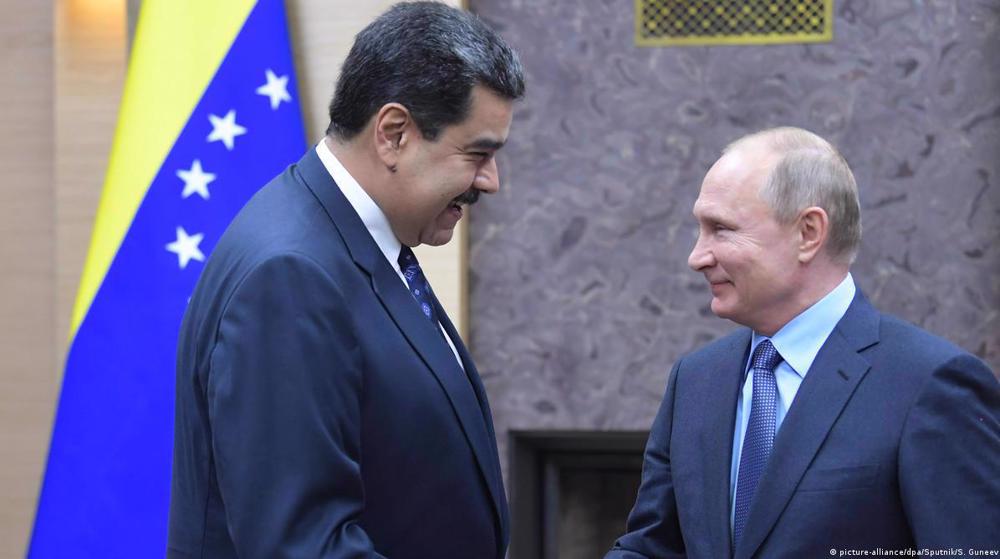
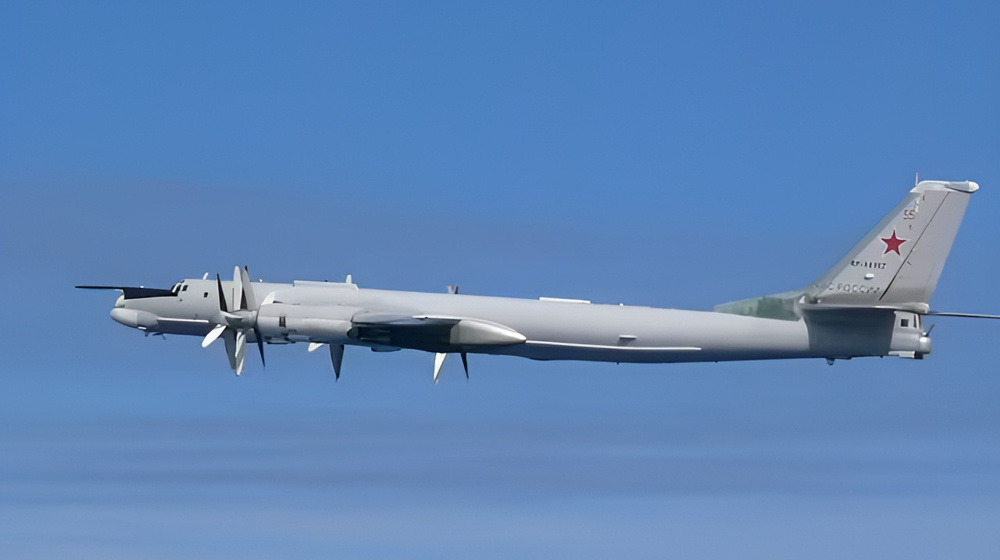
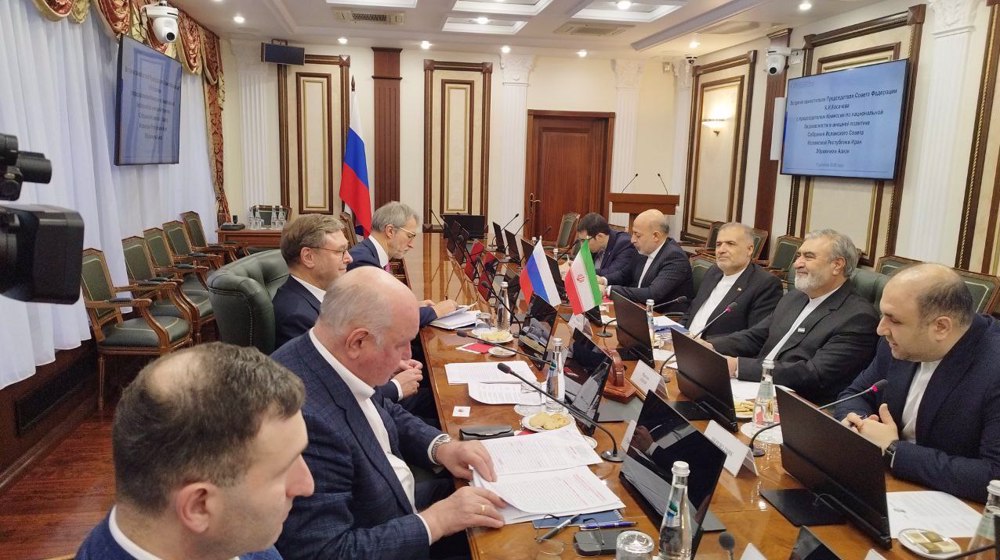




 This makes it easy to access the Press TV website
This makes it easy to access the Press TV website